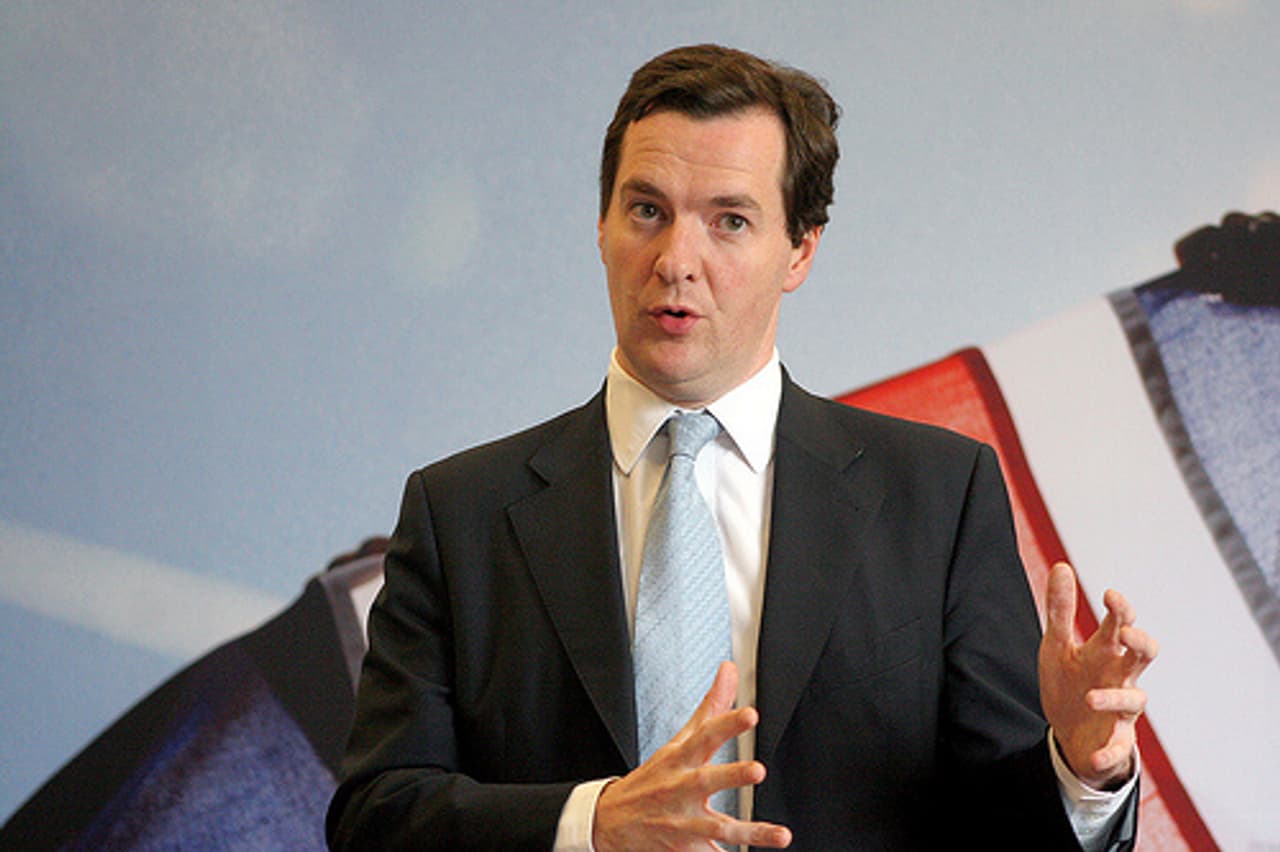
Trimming the public sector fat
Less than a week into the job and the new chancellor has already pinpointed some specific cuts.
By wielding his axe at some of the fattest public sector salaries he intends to lob a few pounds of our vast deficit.
But George Osborne would probably be the first to admit that limiting bonus payments to Senior Civil Servants and NHS bosses was a token gesture and an easy one at that.
Pay freezes
The Labour government had already been there, inflicting a pay freeze on our Sir Humphreys.
The Lib-Cons like their predecessors have realised the men in grey suits who grease the government machine are easy targets, especially when the ministers themselves have taken a 5 percent pay cut.
The problem for the new government is that there are thousands of highly paid frontline public servants who will also have to feel the blade of the chancellor’s axe.
There may be very little public sympathy for the Gus O’Donnells of this world – whose £262,800 salary is almost double that paid to his boss David Cameron, but there will be a different public reaction when the government starts attacking senior surgeons who on a daily basis save lives.
The fattest salaries
And yet as the Bureau’s investigation into public sector pay is finding, the fattest salaries in our hospitals are not the managers, but the hundreds of senior consultants earning more than even Sir Gus O’Donnell.
Then there are the super-heads, brought in to turn around our failing schools earning more than the prime minister and the thousands of academics that have made our universities some of the best in the world, but in return have seen double digit pay increases in recent years.
It is hardly surprising that Osborne has passed this particular hot potato to the left-leaning social commentator Will Hutton, who will report on the state of public pay in December.
Boom times
He will find a lot of fat. Like the country our public sector and its workers have enjoyed a decade of boom. Unlike those working in the private sector most public servants have so far been shielded from the recession enjoying average pay increases of 3.9 percent at the height of the downturn.
Apart from managing public opinion the government is also going to have to face teams of lawyers who will point out that water-tight contracts, many with built in pay rises over three years, make it difficult for ministers to cut some salaries.
Even the government’s first crackdown on out of control payouts has been blighted by Whitehall contracts that mean bonuses cannot be cut this year.
Fortunately for the Lib-Cons a good proportion of these are up for renewal later this year or in 2011, but with the public sector still largely unionised, the government will find a lot of resistance to any plans to cut pay.
One last hurdle, but by no means a small one, are the generous redundancy terms that most public servants are due, sometimes offering payouts worth as much as three years’ salary.
The government have been quick to point out that tough times are ahead, but have they yet realised how tough things are going to get for their own ministers managing the minefield that is public sector pay?




